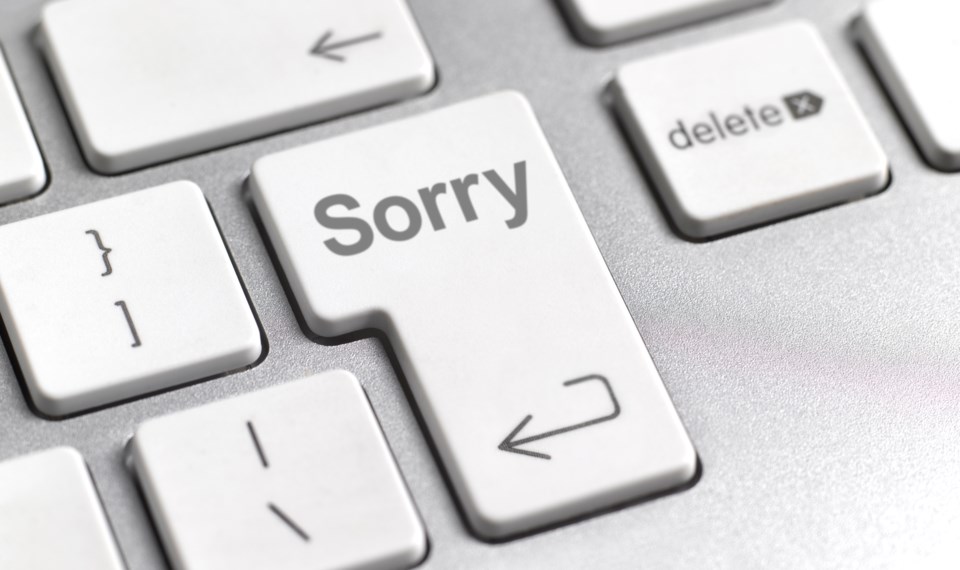We do the best we can when we raise our children with the resources and knowledge we have at the time, but we are bound to make mistakes. Even the most educated professionals with doctorate degrees in psychology make errors and miss things when raising their own children. No child comes with an owner’s manual of ‘what works’ for that particular child.
Unfortunately, the perception of the child is rarely equal to the intention of the parent, unless we do copious explaining. Even then, our kids can only grasp concepts that relate to them and their young minds based on their limited life experience. Inevitably, our kids will grow up with issues around our choices, how we communicated with them, how we parented them, whether they felt heard, understood and validated, whether they felt they were a priority, whether they felt unconditional love, whether they felt cared for, controlled, repressed or neglected, and so on.
When things are bad in our relationships with our kids, we often blame ourselves or someone else (our spouse, other family members, the school, the community, the child…) but this doesn’t help anything and only prevents us from deeper healing. If we can forgive ourselves and everyone else for not being perfect (or even adequate), we can start the healing process. We did the best we could with the resources and understanding we had at the time. Blaming ourselves or another for the mess we are in does not fix or heal any problems. Our egoic minds will always resist healing by attaching to guilt or blame.
Injuries to our relationships happen from feeling misunderstood, being stuck in an emotion regarding a traumatic or difficult event, hereditary issues (repeating how we were raised), lack of understanding or mindful skills, or a variety of other issues. Keep in mind that until this generation, parents were not taught or encouraged to understand, validate or tend to the emotions of their children to help them through their pain and angst. Traditionally parents would often punish, dismiss, avoid, ignore, shut down or even ridicule the emotions of kids. Or they would talk their children out of their emotion by ‘problem solving’ (I am guilty of this).
I recently saw a webinar on healing the relationship with our kids by Dr. Adele Lafrance who wrote What to Say to Kids When Nothing Seems to Work. The webinar was powerful and humbling.
This is the Therapeutic Apology method:
We identify the problem, injury or painful event “I’d like to talk to you about _____”
Then we validate the painful emotions associated with the above “I imagine you must have felt ____ (angry, sad, scared, overwhelmed, embarrassed, ashamed, neglected…) when this happened.
Sincerely apologize “I am really sorry for the pain this caused you”
State how we could have reacted differently: “I should have ____” (if I could have foreseen the future, had the resources available, the understanding, patience and wisdom…)
Here we do not explain or make excuses or tell our own stories. We just acknowledge, take responsibility and accountability for our part, validate their perception and feelings, and apologize.
Declare the necessary changes we are willing to make – our understanding, how we react… “ I will do my best now to ____”.
If they respond with silence, anger, denial, pain… validate their reaction. I understand why you feel that way … I should have ___... I’m sorry I didn’t know to do this (or think of this at the time). If they respond with reassurance, let them know that it is important that you share your feelings around the situation as it is important for you to feel accountable for your part in it all. (Do not demand or expect them to be accountable themselves at this point.)
It is hard to humble ourselves with our kids and it may feel very unnatural and uncomfortable to do so, but if we want our children to see us as human, as people with feelings that matter, and if we someday want to have an adult relationship with them - we need to show this side of ourselves.
Believe it or not, even though this is counter to being right or needing to defend ourselves, it feels more powerful than sticking to our guns and refusing to be wrong. There is no competition in this Therapeutic Apology, so please notice if it comes up, especially if we are feeling defensive or combative. This is a new practice for most of us and very different than how we were raised, so it may not feel natural at all. But suppose it may work. I think this approach is worth trying if it may help to heal some wounds.
Therapeutic Apologies can be used with any relationship: parent/child, spouse, siblings, in-laws, friends… I am hoping that using the above techniques with an open heart and the courage required to handle whatever comes up, I can foster some healing in my own family. And I encourage you to do the same if it feels right to do so.
Claire Nielsen is a health coach, author, public speaker and founder of www.elixirforlife.ca. The information provided in the above article is for educational purposes only and is not a substitute for professional health and medical advice. Please consult a doctor or healthcare provider if you're seeking medical advice, diagnoses and/or treatment.




